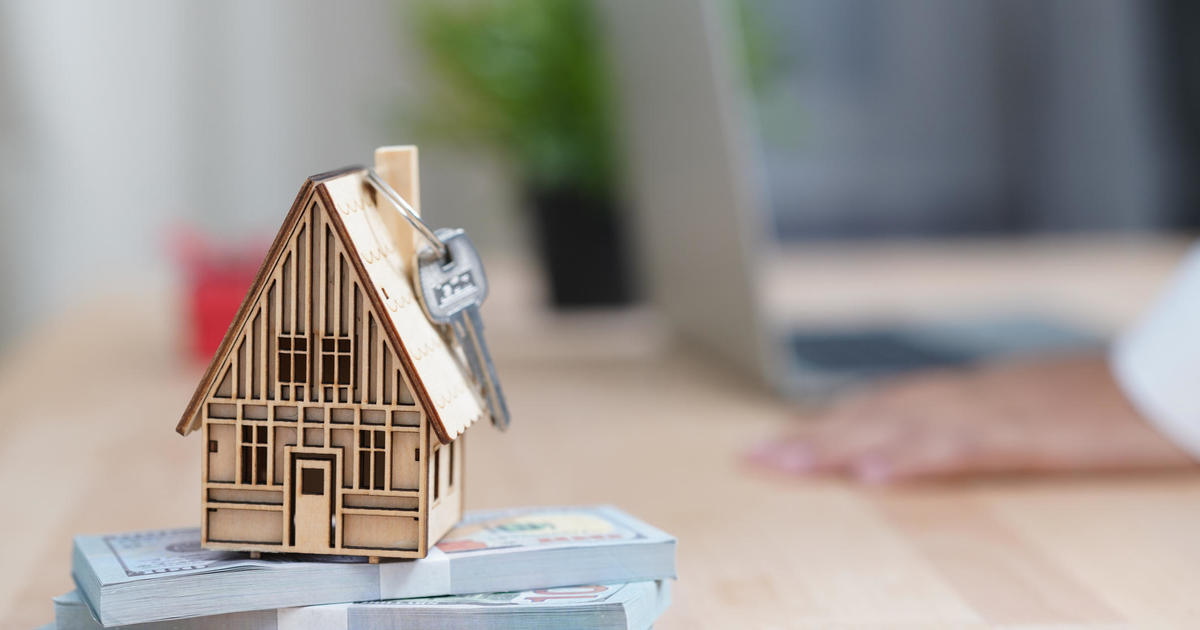The next industrial revolution is already here, and it's in your home
The revolution might not be televised, but it will be voice activated.
At the World Economic Forum in Davos, Switzerland last week business and political leaders engaged in a series of debates about the impact of disruptive technologies on policy, politics, and business. One theme was clear: Powered by the Internet of Things, technology is migrating from the phone in your pocket into your home, your car, and your city.
IoT is at the core technologies that will power the so-called Fourth Industrial Revolution, a term used by business and political leaders to describe the economic impact of big data, artificial intelligence, and robotics. Ubiquitous computing, writes WEF founder Klaus Schwab, "has the potential to connect billions more people to digital networks, dramatically improve the efficiency of organizations and even manage assets in ways that can help regenerate the natural environment, potentially undoing the damage of previous industrial revolutions."
The Internet of Things, or IoT, is a network of household appliances and common objects — everything from a smart TV to a high-tech thermostat to a child's toy — that are embedded with microprocessors and internet connectivity that transform these "things" into computers. These connected devices create a ubiquitous web of data by exchanging information with the cloud, our smartphones, and with each other — creating endless new possibilities but also a huge array of security concerns.
"In many ways, IoT transforms mundane objects into 'applications' that have additional functionality," said TechRepublic's Jason Hiner. "IoT data provides useful insights and can be used to train artificial intelligence algorithms. It's exciting because mundane objects suddenly act like applications that you can interact with and learn from."
Your Fitbit or Apple Watch, Hiner explained is a great example of IoT tech. "Suddenly your watch becomes something that can improve your fitness and overall health."
Another easy way to experience IoT is inside your own home, Hiner says. As the technology develops and proliferates, more and more Americans will experience life in voice-controlled "smart homes" with connected devices embedded in nearly every appliance.
"When my washing machine is connected to the internet I can control it from my phone and I learn about how the device consumes water and how efficiently it's cleaning my clothing. That might sound a little dull, but if millions of washing machines are connected to the web the energy and cost savings become pretty real pretty fast."
The market for IoT is pretty real as well. According to data presented at the World Economic Forum, IoT devices are expected to generate $3.7 trillion in revenue by 2028. Last year, Americans bought over 40 million smart home devices, contributing to the nearly 20 million smart homes in the nation.
Smart home revenue is projected to be over $27 billion in 2019, making it a particularly attractive market for tech giants like Amazon and Google. These two companies in particular are building out their voice-controlled, artificial intelligence-powered virtual assistants into millions of devices.
At the CES tech showcase in Las Vegas this year, Google announced that its Google Assistant would soon be on one billion devices (the bulk of them Android phones). Amazon announced it's sold 100 million Alexa devices.
"A consumer can use a smart speaker to connect to another product and have the two products work in concert with one another to provide added benefit and experiences that can't be provided by the individual product alone," said Shawn Stover, VP of Smart Home Solutions at GE Appliances.
Amazon and Google have carved out at least 50 percent of the smart home market collectively, according to research from Strategy Analytics. Chinese tech company Baidu is rapidly moving into their space, increasing its market share from 1 percent to 8 percent over the course of 2018.
Apple, meanwhile, has struggled to keep up with competitors in this space, capturing less than 10 percent of the smart home market, according to Consumer Intelligence Research. This comes as Apple announced lower smartphone growth than anticipated. The company is making strategic moves to try to catch up, such as building AirPlay into Samsung TV's and selling the HomePod in China.
IoT is not without its dangers, though, and there are cases of glitches have raised red flags about how they can expose consumers to hackers. Recently, a California family says a Nest camera in their home was hacked and a voice warned them of a false missile attack. An Illinois family reported their Nest system was hacked by someone who hurled obscenities at them and jacked up their smart thermostat to 90 degrees. Nest, which is owned by Google, said the incidents stem from customers "using compromised passwords … exposed through breaches on other websites," and recommended using two-factor authentication to help reduce the risk.
In another disturbing incident, an Amazon Alexa reportedly sent the wrong user over 1,000 voice recordings from someone else's personal device. Other reports and patents signal that these devices could be programmed to "listen" more closely to conversations than we might anticipate.
As tech companies converge onto the lucrative, and growing, smart home space, concern is also growing about data use and privacy. In a survey commissioned by Microsoft, researchers found that 90 percent of consumers believe any smart technology can be hacked. Still, experts do not expect smart home growth to slow anytime soon.
"The efficiency increases and potential cost decreases are just the tip of the iceberg. The excitement and possibilities of new business models fuel the drive to find new ways to differentiate products and service and drive additional value for customers," said Stover.
In spite of the risks, global tech companies are betting big that IoT is here to stay.
Correction: This article has been updated to correct the name of the GE Appliances spokesperson.



